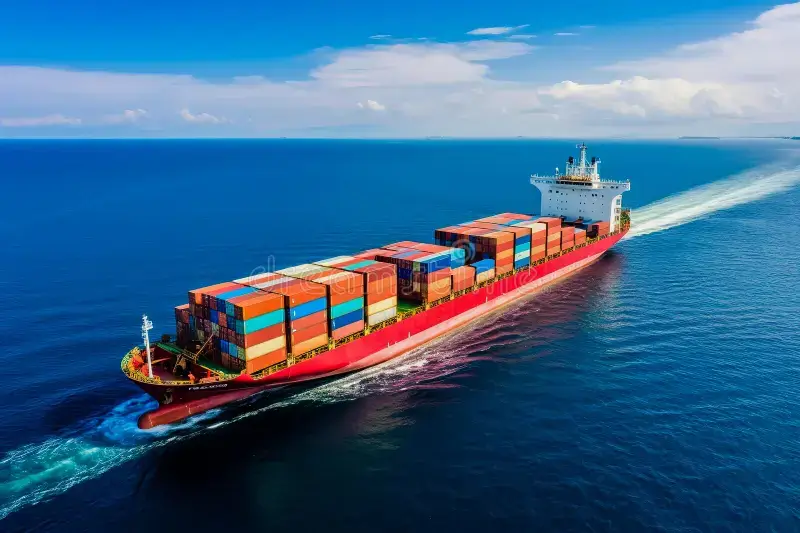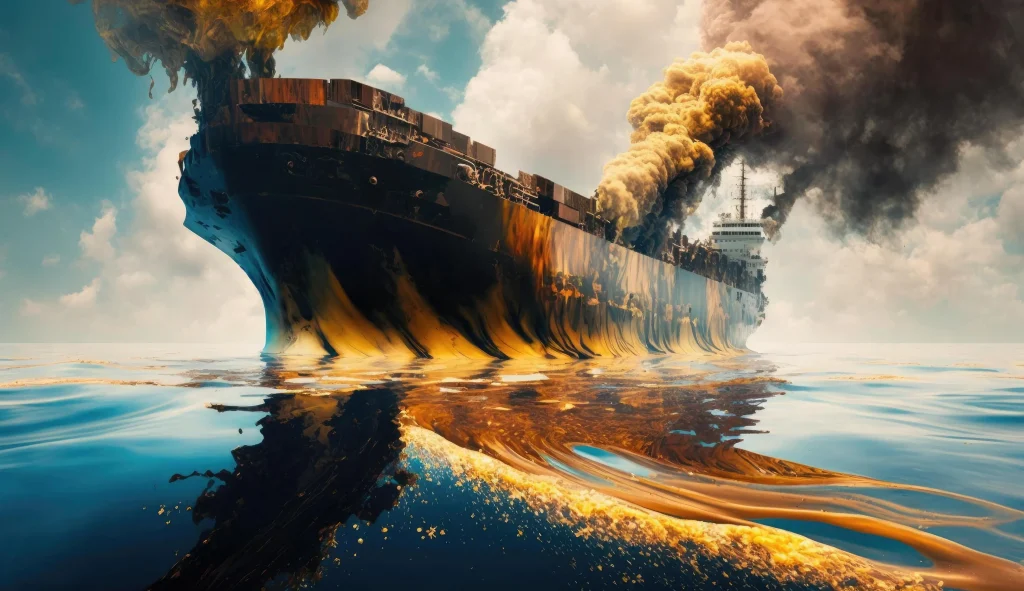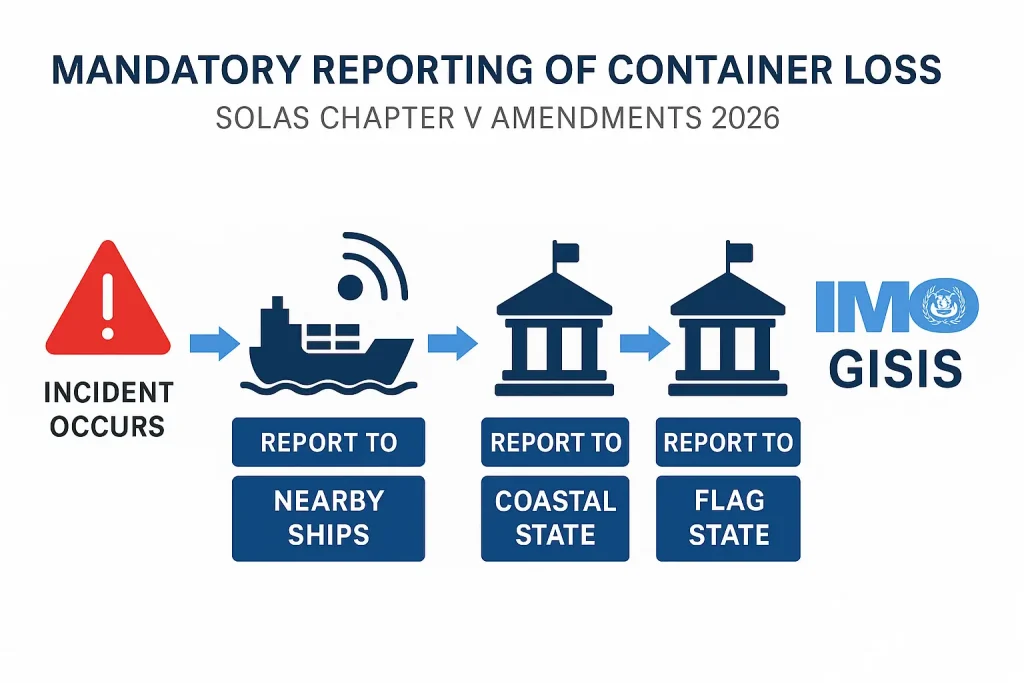Introduction
From 1 January 2026, the International Maritime Organization (IMO) will enforce new amendments to the Safety of Life at Sea (SOLAS) Convention and MARPOL Protocol I to address the growing concern of freight containers lost at sea. Under the updated Chapter V, Regulations 31 and 32, shipmasters will be required to report both the loss and observation of containers immediately.

These measures aim to enhance navigational safety, protect the marine environment, and improve the traceability of lost cargo. The changes will apply to all ships carrying freight containers, including vessels calling at Indian ports regulated by the Directorate General of Shipping.
Why These Amendments Matter
Every year, thousands of containers are lost overboard due to rough weather, structural failures, or accidents. Such incidents can:
- Pose hazards to navigation for other vessels.
- Release pollutants or hazardous goods into the sea.
- Cause economic loss and long-term environmental damage.

Until now, reporting practices were inconsistent across countries. By introducing a standardised process, the IMO aims to ensure that incidents are quickly communicated to nearby vessels, coastal States, and flag Administrations. This will also support recovery operations and investigations.
Who Must Comply
The new reporting requirements apply to:
- Any ship carrying one or more freight containers.
- Any vessel observing drifting containers at sea.
Compliance will be mandatory for all IMO member states from 1 January 2026. Shipowners and operators should update their Safety Management Systems (SMS) well before this deadline to align with the amended SOLAS procedures.
Key Changes in SOLAS Chapter V

Regulation V/31 – Danger Messages
Adopted through Resolution MSC.550(108), this regulation states:
- The Master of any ship losing a container must report the incident without delay to:
- Ships in the vicinity
- The nearest coastal State
- The vessel’s flag State
- Ships in the vicinity
- If the ship is unable to report, the operating company (as defined in SOLAS IX/1.2) must take over the responsibility.
- Flag States, once informed, must notify the IMO through the Global Integrated Shipping Information System (GISIS).
- Ships that sight drifting containers must also send reports immediately.
Regulation V/32 – Information Required in Danger Messages
Reports must follow a uniform structure to ensure clarity and speed in communication.
Table: Mandatory Details in Container Loss or Observation Reports
| Required Field | Description |
| Type of Report | Loss of container(s) OR Observation of drifting container(s) |
| Ship Identity | IMO Number, Vessel Name, Call Sign, MMSI |
| Time & Position | UTC time and coordinates (actual, estimated, or when discovered) |
| Number of Containers | Exact or estimated count of lost/observed units |
| Dangerous Goods | Indicate if involved; provide UN number if known |
| Container Description | Size, type, loaded or empty |
| Additional Details | Weather, sea state, spills, drift estimates |
| Follow-up Report | Marked as “Final” once the confirmed number is known |
This ensures that both maritime authorities and nearby vessels receive complete and actionable information.
MARPOL Protocol I Alignment
Through Resolution MEPC.384(81), MARPOL Protocol I, Article V, has been amended to match the SOLAS requirements. This means reports of container losses must be made according to Regulations V/31 and V/32, reinforcing environmental protection measures alongside navigational safety obligations.
Steps to Ensure Compliance
Shipping companies should take proactive measures now:
- Update SMS manuals to include detailed SOLAS reporting steps.
- Train bridge teams on the new requirements, including GISIS submissions.
- Test communication protocols with flag States and coastal authorities.
- Use compliance partners such as Indosearch Maritime Services for regulatory audits and procedural updates.
Bridge officers should also be familiar with dangerous goods codes to correctly report incidents involving hazardous cargo, following guidelines from both SOLAS and the IMO GISIS portal.
Why Standardised Reporting is Essential
The new process will:
- Improve maritime safety by alerting other vessels of hazards.
- Protect ecosystems from pollution caused by cargo spills.
- Aid in recovery operations by providing accurate incident data.
In the Indian maritime sector, where high container traffic passes through busy ports, timely and accurate reporting will be critical to both operational safety and compliance.
Conclusion
The upcoming SOLAS Chapter V amendments represent a significant step toward safer and cleaner seas. By 1 January 2026, shipowners, operators, and master’s must be fully prepared to comply with the standardised reporting rules.
Delays in readiness could lead to compliance failures, operational delays, and higher liability risks. Early preparation — from updating manuals to training crews — will ensure that your vessel meets the new international standard without disruption.
